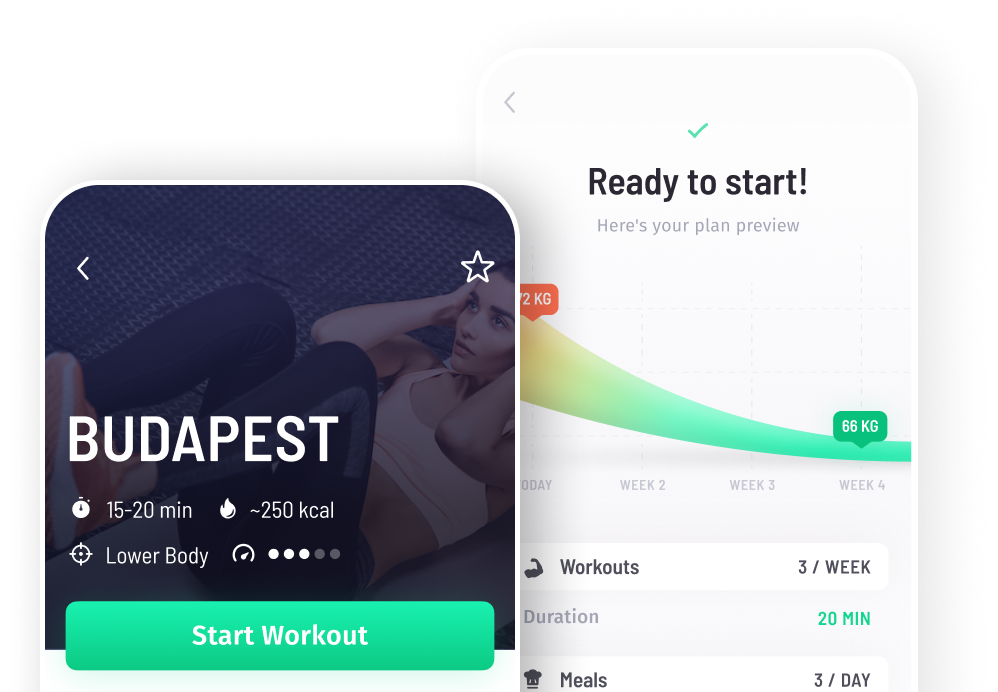Menopause is the cessation of menstruation and is preceded by a period of reduced estrogen production called perimenopause. During this time in a woman's life, she may benefit from consuming certain supplements and medicinal herbs to help ease symptoms associated with this reduction in hormone production. Read on to discover the best vitamins for menopause.
What Symptoms Might I Experience?
Due to the drop in hormone production, women can experience a variety of symptoms, ranging from mild to severe. Not all women will experience all of these symptoms, and some women may not experience symptoms at all. A healthy balanced diet, plenty of pure water, and adequate exercise all help the body transition to menopause with less variety and severity of symptoms.
Possible symptoms include:
- Hot flashes
- Sleep disturbances including insomnia and night sweats
- Loss of libido
- Vaginal dryness and discomfort during sex
- Low mood and anxiety
- Weight gain and more difficulty losing weight
- Memory and concentration issues
- Breast tenderness
- Headaches
What Vitamins Should I Consume During Menopause?
The best vitamins for menopause help the body to adapt to the changing hormonal environment and aid in the alleviation of symptoms.
Vitamin B6 is an essential factor in the production of serotonin, one of your happy mood hormones. Ensuring you consume enough Vitamin B6 can help to mitigate the low mood, anxiety, and fatigue some women face during menopause. Eat B6 rich foods such as whole grains such as oats, brown rice, and wholemeal bread, sweet potatoes, organic soybeans, peanuts, eggs, fish, spinach, and carrots.
Vitamin B12 is used in DNA production and neurological function. Additionally, it is crucial for bone health. As you age, your body's ability to absorb B12 diminishes, so it is vital to take a high-quality supplement.
Vitamin C helps the body to grow and repair, produce collagen, and ATP - a substance needed for cellular energy. It also is necessary for a healthy immune system. Vitamin C is rapidly depleted when you are under stress, whether physical or emotional, and the menopause can cause both. Eat Vitamin C rich foods should fulfill your body's requirements, but you can supplement if you wish.
Vitamin D is also essential for bone health, something that menopausal women need to be aware of as the menopause increases the risk of osteoporosis and brittle bones. The body makes Vitamin D from sunlight, but if you don't get enough sun exposure, you should top up with a supplement.
Vitamin E fights cellular degeneration and protects against free radical damage. It also reduces inflammation caused by stress, helping to lower your risk of weight gain and chronic conditions like heart disease. Eat salmon, avocadoes, nuts, seeds, spinach, broccoli, and winter squash.
Magnesium is indicated in the reduction of hot flashes, anxiety, and sleep disturbances. Magnesium also protects against heart conditions and regulates blood pressure. Eat high-quality dark chocolate, nuts, seeds, leafy greens, legumes, avocadoes, tofu, and oily fish.
Calcium is essential for bone density and the prevention of osteoporosis. Contrary to popular belief, dairy is not the best source of calcium. This is because it is incredibly acidic, causing the body to leech calcium from the bones to neutralize the acidity, weakening them further. Ditch the dairy and opt for calcium-rich plant foods such as leafy greens (the darker, the better), tahini, beans, legumes, almonds, sesame seeds, tempeh, and tofu. Supplement if you feel it is necessary. A high-quality supplement is much more effective at preventing osteoporosis than dairy.
A Healthy Balanced Lifestyle
Remember that to create vibrant health for all ages and stages of life; it is vital to consume a wide variety of whole plant foods, get enough sleep, exercise regularly, stay hydrated, and manage stress effectively. Reduce or eliminate toxins such as refined sugar, processed foods, alcohol, cigarettes, and animal products. Spend time in nature, rest, meditate, be with people you love, and do things that make you feel joyful. All of this will contribute to a more comfortable, less symptomatic menopause, and a healthy, happy life.
Did you enjoy this article? Share it!

